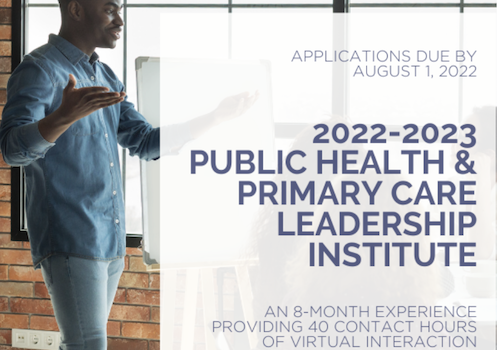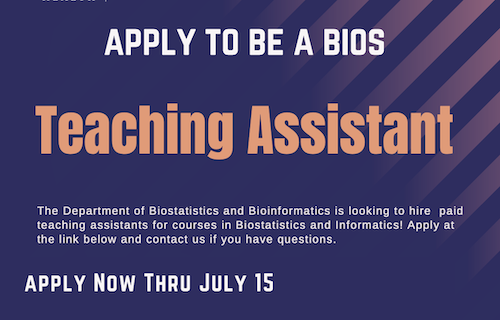Public Health & Primary Care (PHPC) Leadership Institute, Region IV Public Health Training Center
Category : Alumni
The Region IV Public Health Training Center has partnered with the J.W. Fanning Institute for Leadership Development at the University of Georgia to offer the Region IV Public Health & Primary Care (PHPC) Leadership Institute. The PHPC Leadership Institute provides training for individuals from the eight states that comprise HHS Region IV (Alabama, Florida, Georgia, Kentucky, Mississippi, North Carolina, South Carolina, Tennessee). There is no fee to participate.
The PHPC Leadership Institute is an 8-month experience providing 40 contact hours of interaction. The Institute consists of a virtual orientation; an in-person opening retreat (Oct 31 – Nov 2, 2022; if travel is not safe, there will be a virtual opening retreat 3 hours each day from Oct 31 – Nov 3, 2022); and 6 virtual sessions, lasting 2 hours each. In addition to these sessions, participants will be asked to complete approximately 2-3 hours of intersession work between the virtual sessions.
Applications are due by August 1. Please apply here.
Program Learning Objectives
By the end of the Institute, participants will be able to:
- Identify personal leadership strengths
- Address a leadership challenge through a self-directed adaptive approach
- Engage in peer consulting with Region IV colleagues
- Apply leadership competencies in the context of public health
Who Should Apply
Emerging public health and primary care leaders who:
- Work in governmental state, local, or tribal public health departments, tribal health organizations or FQHCs/FQHC Look-Alikes
- Work in one of the following states: Alabama, Florida, Georgia, Kentucky, Mississippi, North Carolina, South Carolina Tennessee
- Manage programs, supervise staff and/or demonstrate leadership potential
- Work with underserved populations and/or are from under-resourced health departments








Recent Comments